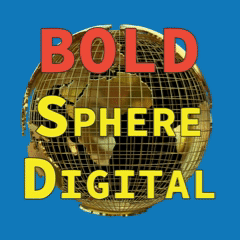 CMS is a software application or a set of related programs that allow users to create, manage, and publish digital content on the internet.
CMS is a software application or a set of related programs that allow users to create, manage, and publish digital content on the internet.
CMSs are commonly used for websites and web applications to simplify the process of content creation and maintenance.
Key features of a CMS typically include:
- Content Creation: Users can create and format content, such as text, images, videos, and links, using a user-friendly interface.
- Content Editing: CMSs often provide WYSIWYG (What You See Is What You Get) editors, making it easy for non-technical users to edit content without needing to know HTML or other coding languages.
- User Management: CMSs allow multiple users with different roles and permissions to collaborate on content creation and management.
- Version Control: Many CMSs offer version control features, allowing users to track changes, revert to previous versions, and see who made specific edits.
- Publishing: Content can be scheduled for publication at specific times and dates, allowing for content management and updates to be automated.
- Templates and Themes: CMSs often provide templates and themes that allow users to customize the design and layout of their websites without needing to code from scratch.
- Plug-ins and Extensions: CMSs can be extended with various plugins or extensions to add additional functionality, such as e-commerce, SEO optimization, or social media integration.
Some popular CMSs include WordPress, Joomla, Drupal, and Magento (for e-commerce). Each CMS has its strengths and weaknesses, making it suitable for different types of websites and user needs. The choice of CMS depends on factors like the website’s purpose, scalability, ease of use, and required features.
